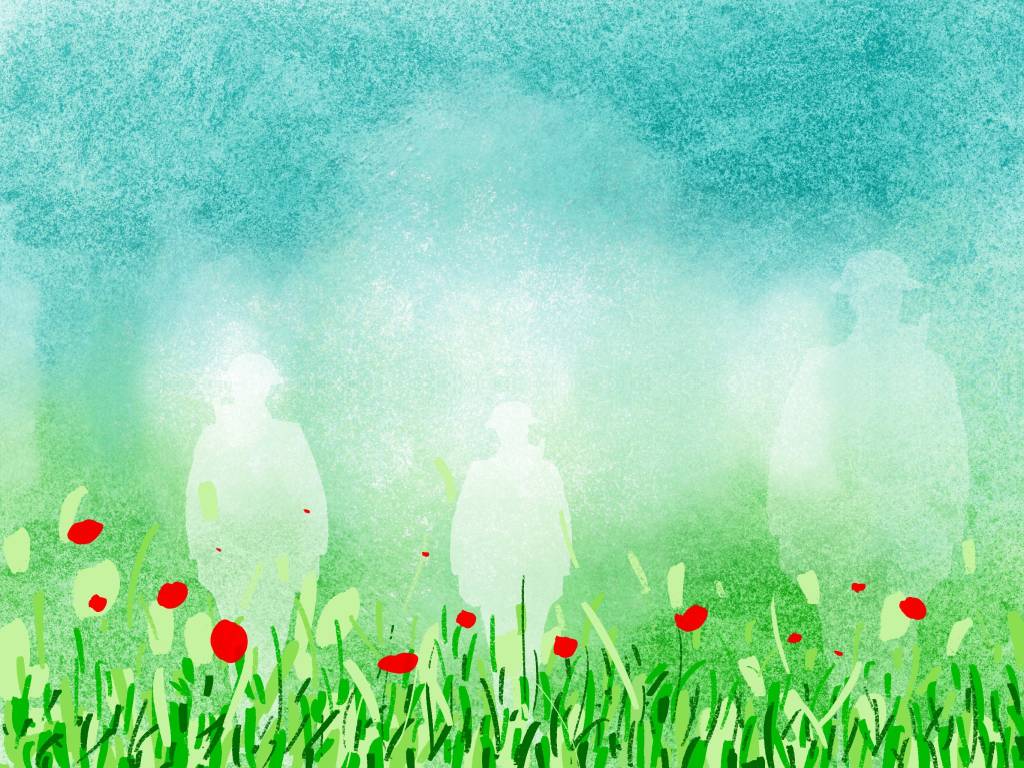
Re-(E)MBody Project Aims
During wars and violent conflicts, a staggering number of people go missing, never to be found again. When violence recedes, their relatives experience an ambiguous loss, which prevents them from reaching closure, and often results in unresolved grief. How does the issue of missing bodies affect reconciliation processes? Through which embodied practices and rituals do their relatives remember them? Can the shared experience of having missing relatives build connections between members of different groups, thus opening new paths towards reconciliation?
This project proposes to answer these questions by drawing on 4 interlinked studies exploring the cases of the missing in Armenia/Azerbaijan, Bosnia-Herzegovina, but also World War I (Belgium Westhoek region) & World War II (Finland/Soviet Union wars). The project intends to generate information valuable to practitioners, on how the issue of missing bodies affects peace processes at a very concrete level.
